Sharp Objects

TV-MA, 2018, Drama/Crime, 7h 1m
Table of Contents
What Is Sharp Objects About?
A journalist investigates murders in her hometown while confronting her troubled past and uncovering dark family secrets.
Why You Should Watch Sharp Objects
Sharp Objects, an HBO miniseries adaptation of Gillian Flynn’s novel, emerges as a gripping and deeply psychological drama, entwining mystery and emotional complexity into a tightly woven narrative. The series, led by Amy Adams in the role of Camille Preaker, delivers an intense and haunting portrayal of a journalist who returns to her hometown to report on a series of brutal murders. This homecoming journey unfolds into a much more intricate exploration of family secrets, personal demons, and the shadows of a small town.
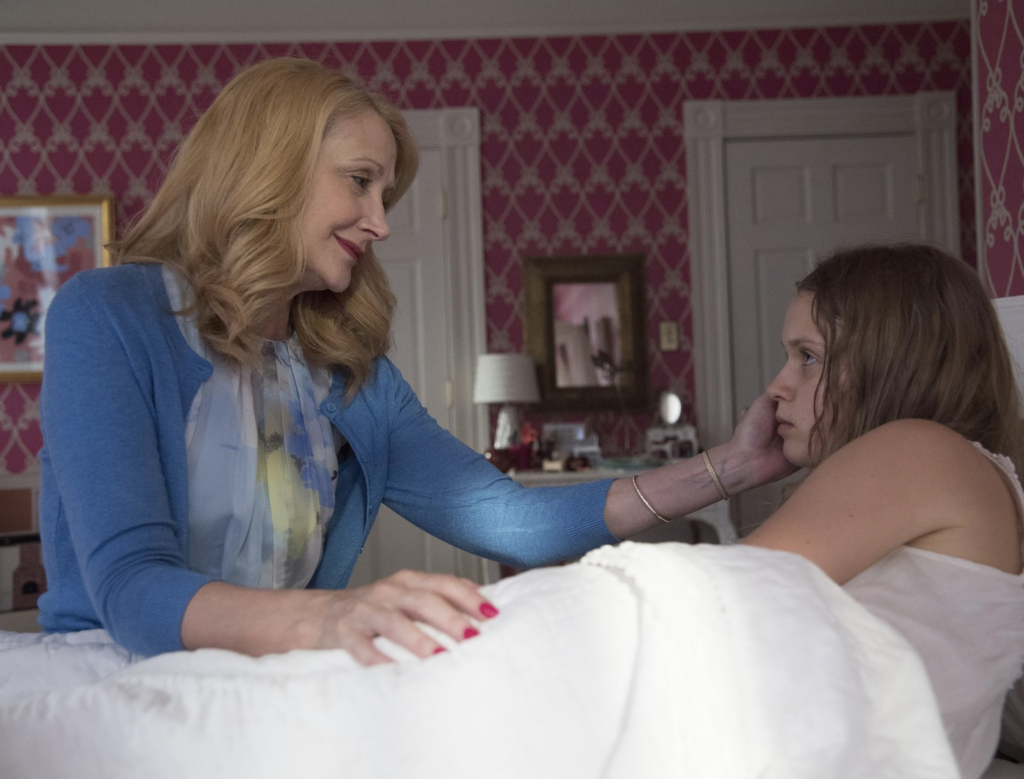
Amy Adams’ performance is a cornerstone of the series, bringing a nuanced depth to Camille. She masterfully portrays a woman grappling with her troubled past and present, conveying a range of emotions from vulnerability to defiance. Her portrayal is raw and authentic, ensuring that Camille is not just a character but a deeply flawed and relatable human being. The series benefits greatly from Adams’ ability to navigate the complexities of her character, making her journey both compelling and heart-wrenching.
The supporting cast is equally impressive. Patricia Clarkson, as Adora Crellin, Camille’s mother, delivers a chilling performance. Her portrayal of a manipulative and complex matriarch adds a sinister layer to the show’s atmosphere. Eliza Scanlen, as Camille’s half-sister Amma, is a revelation. She skillfully balances innocence with malevolence, creating a character that is both enigmatic and unsettling. The dynamics between these three women are central to the narrative, creating a palpable tension that drives the series.
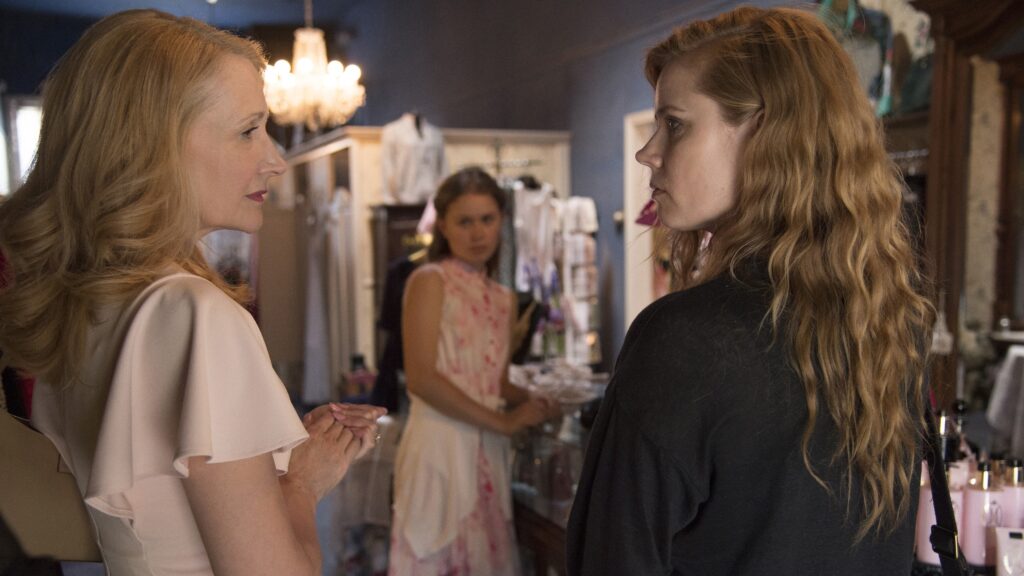
The writing in Sharp Objects is exceptional, with Flynn’s dark and intricate storytelling translated effectively to the screen. The narrative is well-paced, balancing the unfolding mystery with deep character studies. The plot is replete with twists and turns, yet it never feels contrived. Instead, it is the slow burn of revelations that keeps the audience engrossed, as each episode peels back layers of the characters’ histories and motives.
The setting of Wind Gap, a small Missouri town, is a character in its own right. It’s portrayed as a place where the past is omnipresent, and where secrets and lies are woven into the fabric of everyday life. The show does a commendable job in capturing the suffocating atmosphere of a small town where everyone knows each other, yet there are deep divisions and hidden truths.
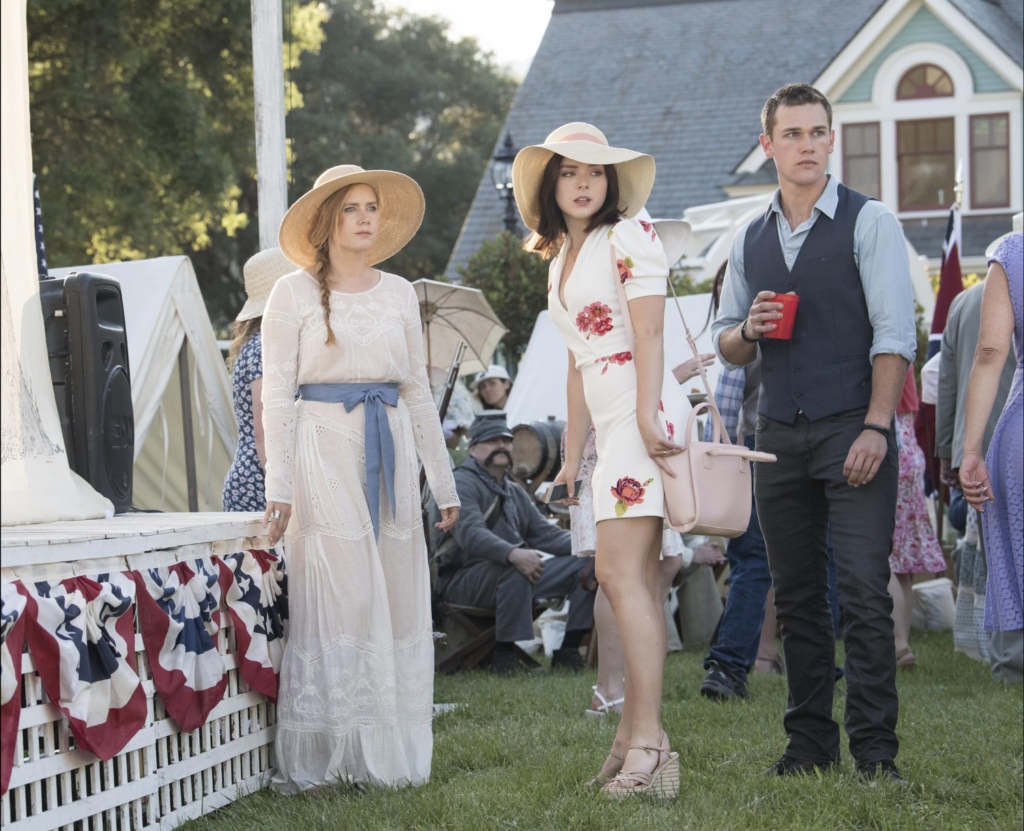
The show also excels in its portrayal of psychological depth and complexity. The series doesn’t shy away from exploring dark and difficult subjects. It handles these with maturity and sensitivity, providing a thoughtful examination of its characters’ inner lives. The show’s ability to delve into the human psyche is one of its most compelling aspects, making it more than just a murder mystery.
Sharp Objects is a masterful blend of mystery, drama, and psychological exploration. Its strength lies in its complex characters, exceptional performances, and intelligent writing. The series is a compelling watch, offering a deep and unsettling journey into its characters’ lives. It stands out as a prime example of how television can be both entertaining and profoundly impactful, leaving a lasting impression on its audience.
The Theme of Sharp Objects
Sharp Objects, a captivating miniseries based on Gillian Flynn’s novel, delves into a myriad of complex themes, weaving a dark and intricate narrative that goes far beyond its initial premise of a murder mystery. The show is a profound exploration of the human psyche, primarily focusing on the psychological scars of the past and how they shape our present.
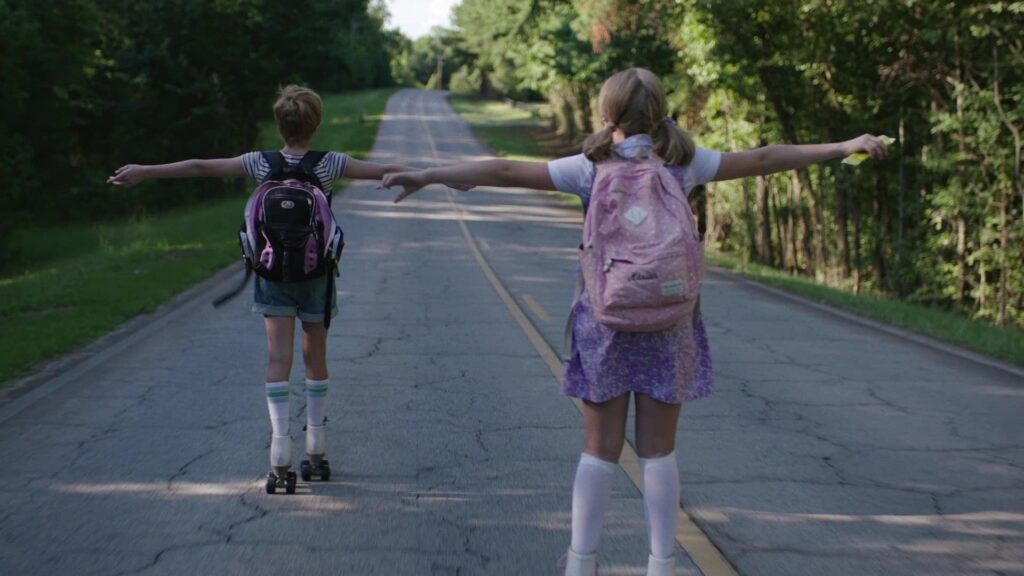
The most prominent theme is the exploration of trauma, particularly its long-lasting impact on mental health. The series protagonist, Camille Preaker, portrayed with profound depth by Amy Adams, is a character whose life is a tapestry of past and present wounds. Camille’s return to her hometown of Wind Gap brings her face to face with her traumatic past, including the loss of her sister and her tumultuous relationship with her mother. The show delves deep into how these traumas manifest in her adult life, affecting her mental health and leading to self-destructive behaviors. This representation of trauma is raw and unfiltered, providing a stark look at the realities of coping with deep-seated emotional pain.
Another central theme is the exploration of female relationships, particularly the complexities of the mother-daughter bond. The show portrays these relationships in various forms, from the toxic and controlling relationship between Camille and her mother, Adora, to the budding yet troubled connection with her half-sister, Amma. These relationships are fraught with issues of control, jealousy, and a desperate need for love and acceptance, reflecting the complexities of familial ties and the impact they have on individual identity.
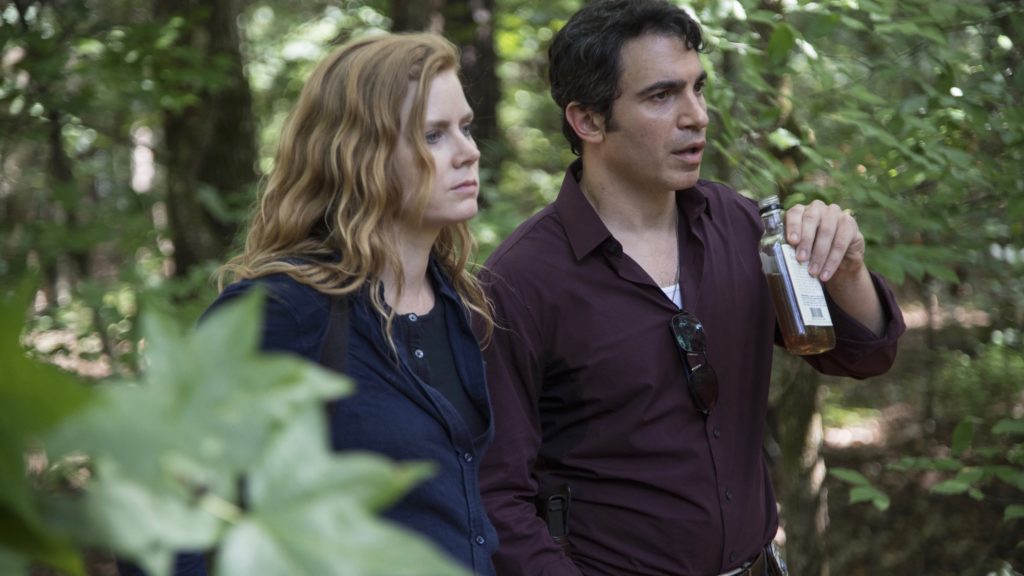
The theme of memory and how it shapes our perception of reality is also a key aspect of the series. Camille’s return to Wind Gap triggers flashbacks to her troubled childhood, blurring the lines between past and present. The series skillfully uses these flashbacks to reveal key aspects of Camille’s character and her past, showing how memory can be both a source of pain and a path to understanding oneself.
The portrayal of the small-town setting is also a significant theme. Wind Gap is depicted as a place where appearances are everything, and dark secrets lurk beneath the surface. The show examines the dynamics of small-town life, including the roles and expectations placed upon individuals based on their social standing, gender, and family history. This setting becomes a character in itself, influencing the actions and motivations of the characters and serving as a backdrop for the exploration of societal norms and the hypocrisy that often accompanies them.
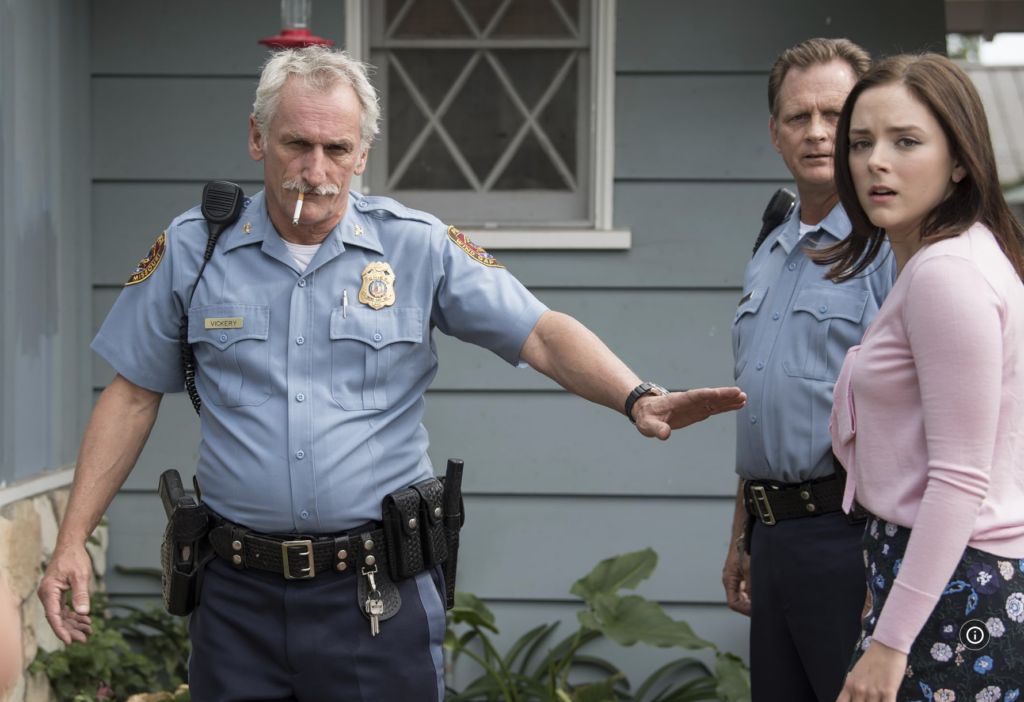
Lastly, Sharp Objects delves into the theme of self-harm and the struggle for self-preservation. Camille’s battle with self-harm is portrayed with a sensitivity and realism that is both unsettling and empathetic. The show does not shy away from depicting the physical and emotional toll of this struggle, offering a window into the complex reasons behind such behavior and the challenge of overcoming deep-rooted pain.
The Cinematography of Sharp Objects
The cinematography in Sharp Objects stands out as a key feature of the miniseries. The Director of Photography, Yves Bélanger, collaborated with director Jean-Marc Vallée to craft a visual style that matches the show’s dark mood.
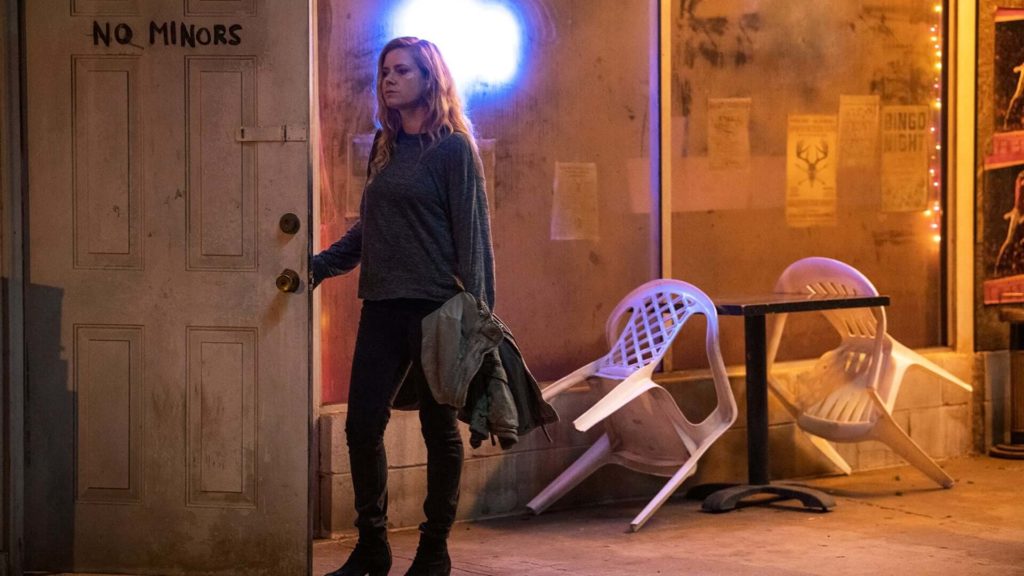
Natural lighting plays a crucial role in giving the scenes an authentic and unfiltered look. Bélanger’s use of handheld cameras brings a sense of immediacy and closeness to the action. The colors in the show are muted and subdued, highlighting the dreariness of the small-town setting, a stark contrast to the brighter tones often seen in other TV dramas.
The way scenes are framed and shot is also central to the show’s look. Bélanger uses unusual angles and compositions to create feelings of discomfort and restriction, mirroring the series’ themes of loneliness and confinement. Sharp Objects is also known for its use of flashbacks and memory sequences. These are typically marked by shifts in lighting or color and are filmed in a surreal style, depicting the characters’ distorted recollections and emotions.
The Soundtrack of Sharp Objects
The music in Sharp Objects was carefully selected to add to the show’s moody and haunting atmosphere. Here are some of the most popular songs from the show:
- “Dance and Angela” by Franz Waxman
- “Harvest” by Neil Young
- “Can’t Take My Eyes Off You” by Frankie Valli
- “Symphony No. 2” by Johannes Brahms
- “In the Evening” by Led Zeppelin
- “Oh! You Pretty Things” by David Bowie
- “Good Intentions” by Robert Ellis
- “Hearing Damage” by Thom Yorke
- “Fly” by Nick Drake
- “Angel of the Morning” by Juice Newton
The show’s music supervisor, Susan Jacobs, was praised for her work in selecting the music for the series. The use of classical music, classic rock, and folk music in particular helped to create a unique and memorable musical landscape for the show.
You can listen to a playlist of the songs featured in Sharp Objects below.
The Cast of Sharp Objects
- Amy Adams as Camille Preaker – A reporter who returns to her hometown to investigate the murder of two young girls. Amy Adams is also great in Arrival.
- Chris Messina as Detective Richard Willis – a detective who is working on the case of the murdered girls.
- Elizabeth Perkins as Jackie O’Neele – a friend of Adora’s who is privy to the secrets of the town.
- Matt Craven as Chief Vickery – the chief of police who is working on the case of the murdered girls.
- Henry Czerny as Alan Crellin – Adora’s husband and Camille’s stepfather.
- Sophia Lillis as Young Camille.
- Eliza Scanlen as Amma Crellin – Camille’s teenage half-sister.
- Sydney Sweeney as Ashley Wheeler – a young woman who was close to one of the murdered girls.
The Filmmakers of Sharp Objects
- Directed by: Jean-Marc Vallée
- Created by: Marti Noxon
- Based on the novel by: Gillian Flynn
- Executive producers: Marti Noxon, Gillian Flynn, Jason Blum, Charles Layton, Jessica Rhoades, Jean-Marc Vallée, Nathan Ross, Amy Adams
- Producer: Gregg Fienberg
- Writers: Marti Noxon, Gillian Flynn
- Cinematography by: Yves Bélanger
- Edited by: David Berman, Maxime Lahaie
- Production companies: Blumhouse Television, Tiny Pyro, Crazyrose, Fourth Born, Entertainment One
- Distributed by: HBO (television), Warner Bros. Television Distribution (international)

Vodka Rigatoni

Inspiration
Camille’s Vodka Problem
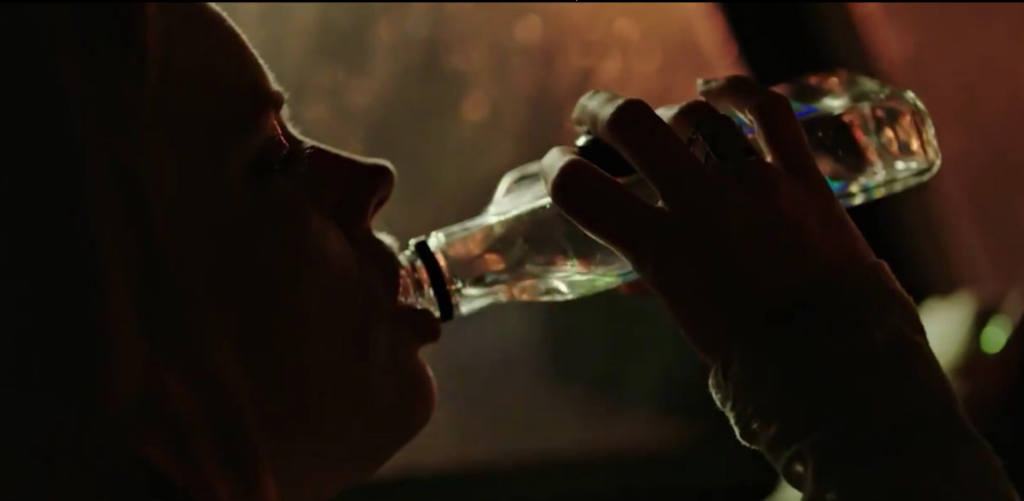
More About Sharp Objects
Sharp Objects was nominated for and won several awards, including:
Primetime Emmy Awards:
- Nominated for 8 awards, including Outstanding Limited Series and Outstanding Lead Actress in a Limited Series or Movie (Amy Adams).
- Won 3 awards, including Outstanding Cinematography for a Limited Series or Movie and Outstanding Main Title Design.
Golden Globe Awards:
- Nominated for 1 award, Outstanding Lead Actress in a Limited Series or Movie (Amy Adams).
Critics’ Choice Television Awards:
- Won 3 awards, including Best Limited Series and Best Actress in a Movie Made for Television or Limited Series (Amy Adams).
American Film Institute Awards:
- Named one of the Top 10 TV Programs of the Year.
These awards recognize the show’s high production values, strong performances, and engaging storyline, making Sharp Objects one of the most critically acclaimed limited series of the past few years.

